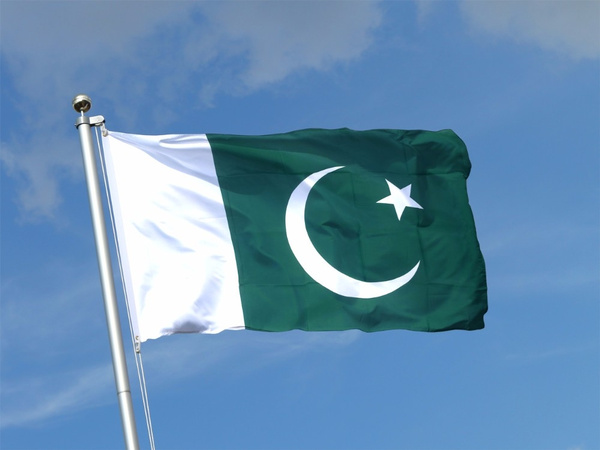
All over the world, universities are seen as critical to building human capital. The United States has benefitted for decades because its universities have attracted the best and brightest from every country. The Pakistani state, unfortunately, has never seen the value of education or of universities.
Instead, as nuclear physicist and columnist Pervez Hoodbhoy notes, the Pakistani state view institutions of higher education “as the breeding place for a dutiful student who is passive, obedient, defers readily to authority, and will duly memorise and reproduce whatever his professor teaches.”
This Hoodbhoy argues is contrary to the attitude towards universities in Europe, America, China or India, that “seek to sharpen mental faculties across disciplines and create a mindset suited for an ever-changing world. Cultivation of critical faculties for evaluating facts, and making independent judgements, is the desired outcome.”
Hoodbhoy warns that, “the pathological securitisation of Pakistan’s university campuses and their grimness underscores a deep disconnect. The kind of education sought by a free, open, and modern society differs fundamentally from the notion of education held in a militaristic, autocratic and feudal set-up (replete with its private jails). Evolving cultural and religious norms could change things for the better but the process is slow and not guaranteed.”
![]()





